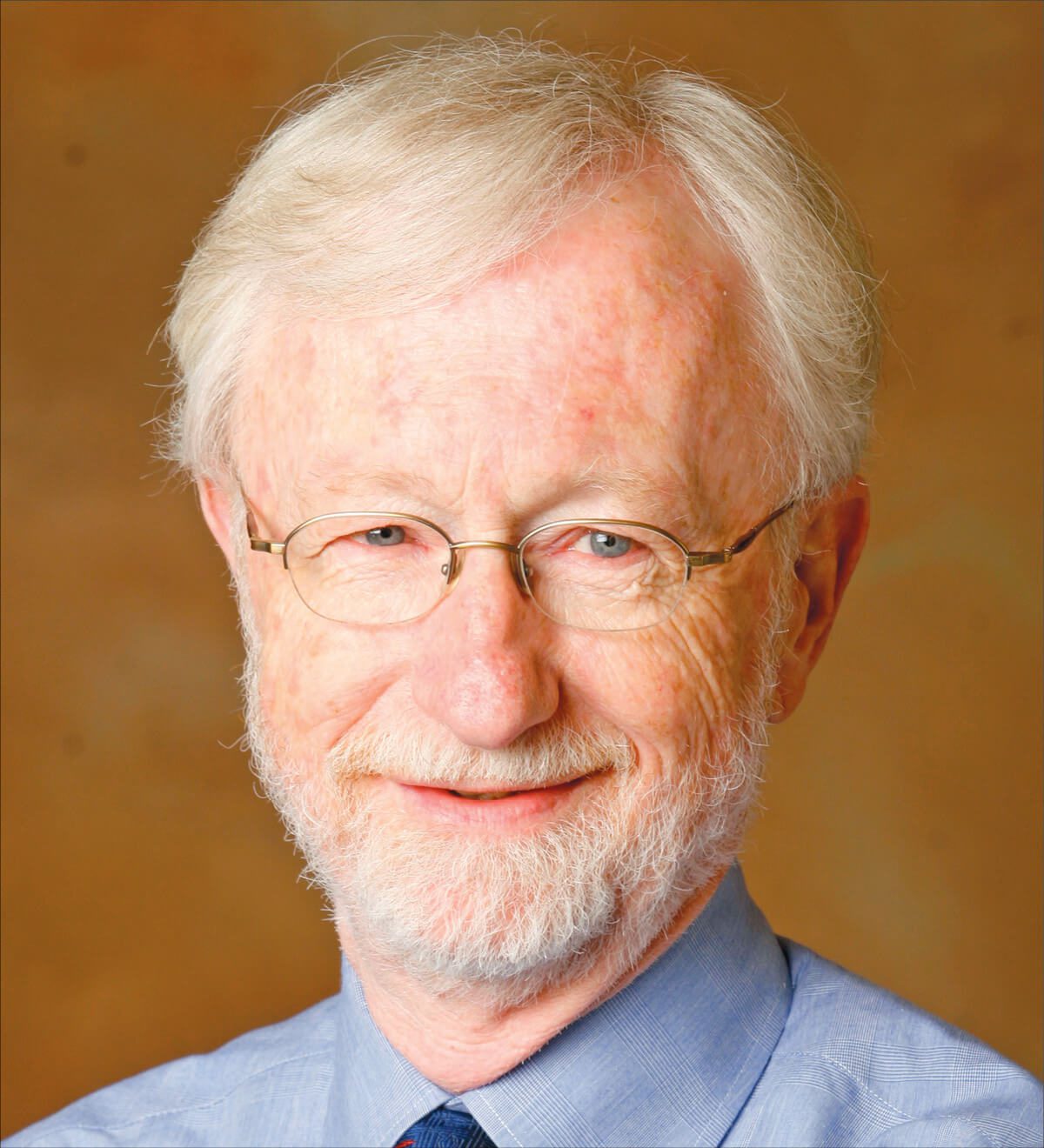M. Arthur Gensler Jr.

Charles O’Reilly is worried about the future of workplace culture. As more companies prepare for a post-pandemic world of remote work, he says there’s only so much leaders can do to build cohesion via video calls. “You can create norms for how employees interact over Zoom,” he says, “but their identification with the organization? That goes away.”
O’Reilly has spent the last 45 years helping define and measure workplace culture—for researchers as well as some of the world’s largest companies, among them Intel, General Motors, and Novartis. “Culture isn’t about values,” he tells them. “It’s a pattern of behavior reinforced by people and systems over time.” In other words, forget lofty statements. Focus on the day-to-day.
As a top scholar of organizational behavior more broadly—he’s authored five books and more than 100 journal articles and taught at UCLA, Haas, and Stanford—O’Reilly has also generated insights into corporate diversity, compensation, innovation, and how to develop more effective, strategic, and visionary leaders—a topic that sparked his unexpected career path.
O’Reilly had no intention of becoming an academic when he entered Haas in 1969 after serving five years as an Army captain in the Vietnam War. But an MBA course on organizational behavior with Prof. Emeritus Karlene Roberts hooked him. “Suddenly, I understood why some units I served with were positive and cohesive and others were not and the role that leadership played in that. This notion of culture as social control fascinated me,” he says—a curiosity that continues to impact employees worldwide to this day.
gsb.stanford.edu/faculty-research/faculty/charles-oreilly
Posted in:
Topics:



